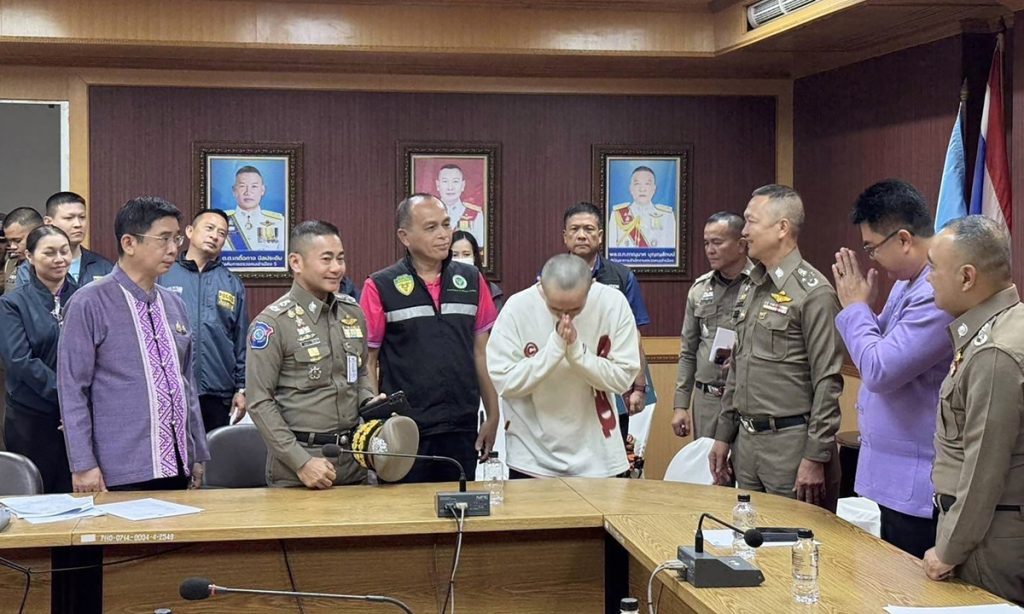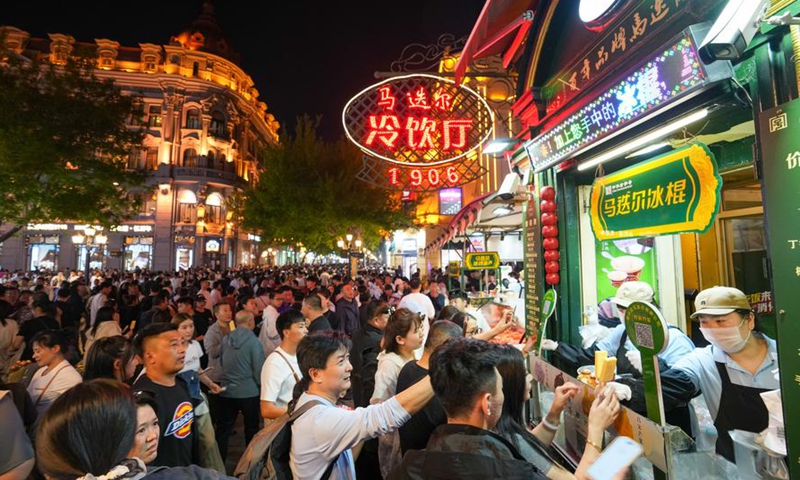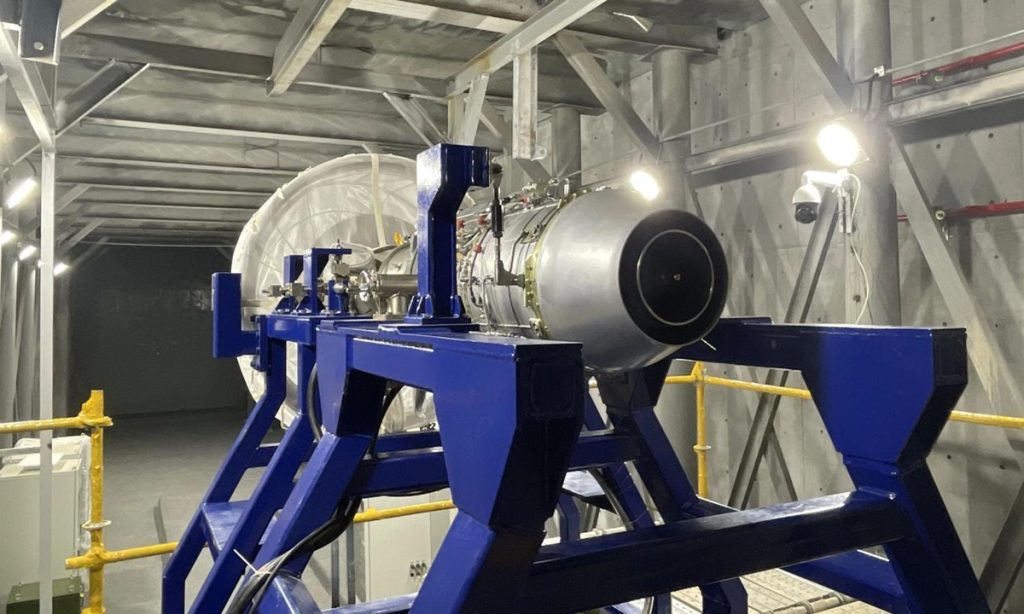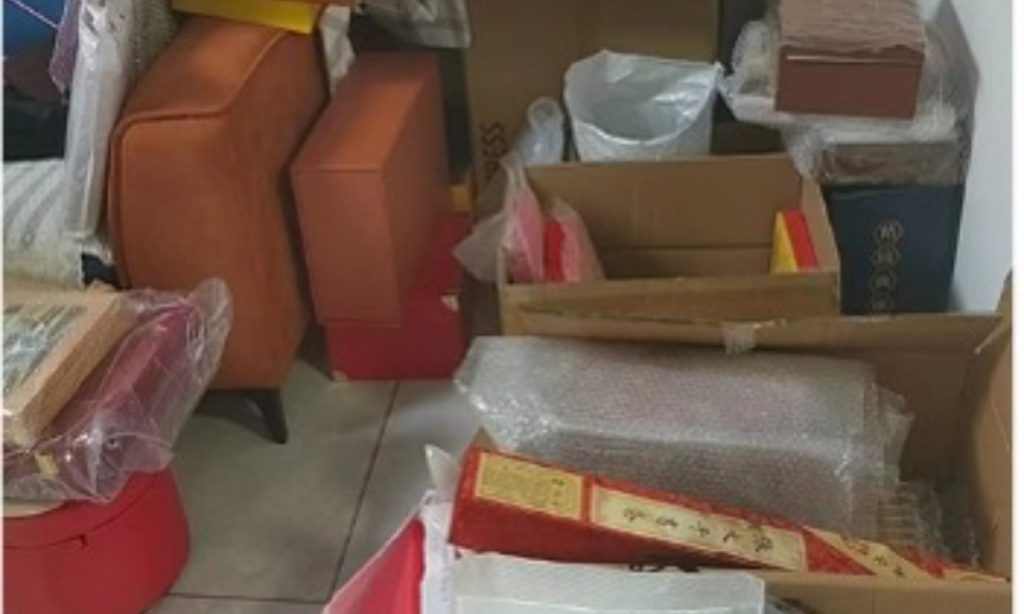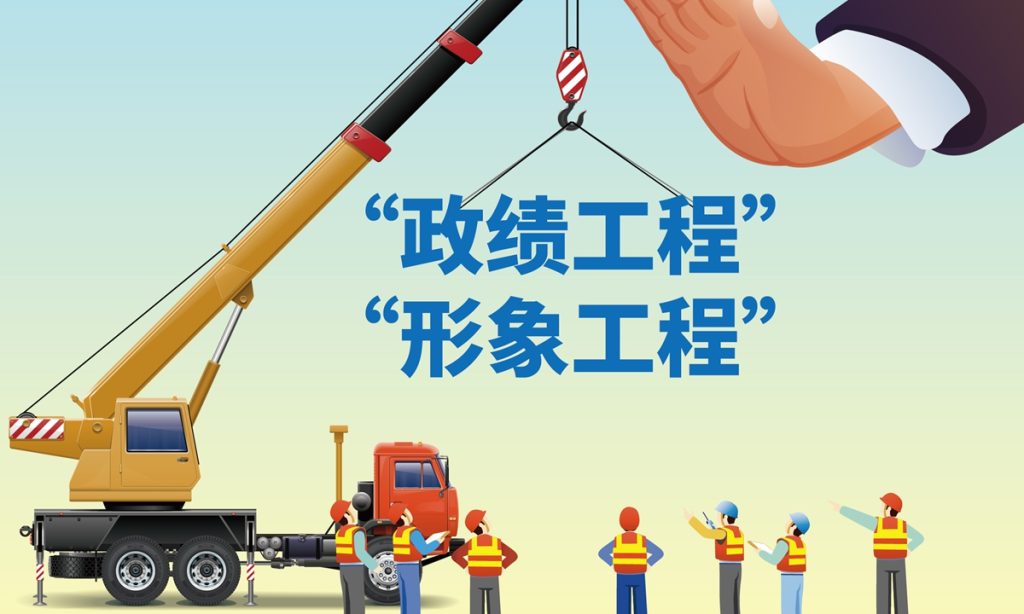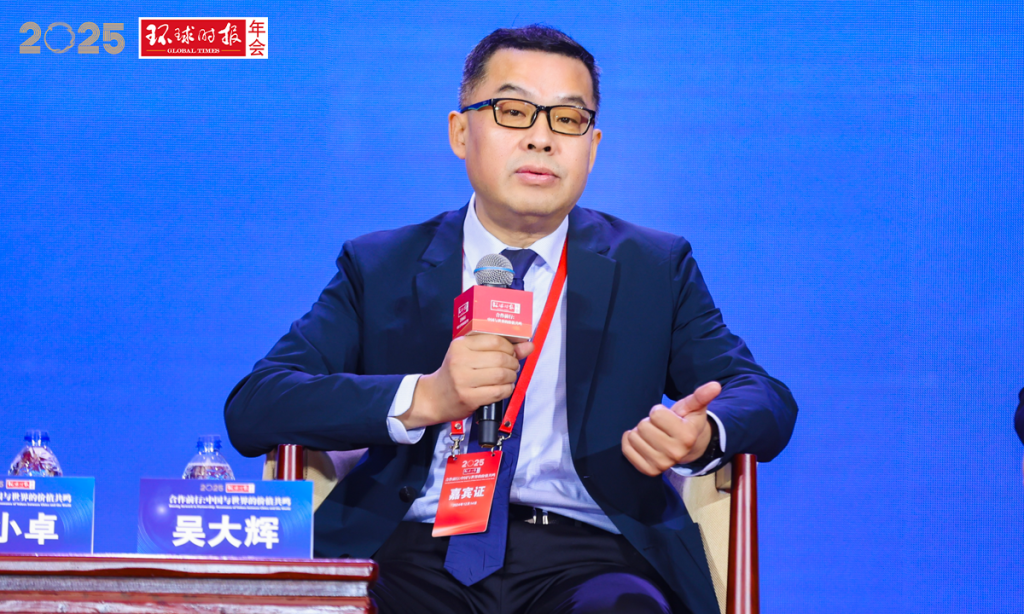South Korean politicians' hyping Chinese involvement in political activities 'unwise'
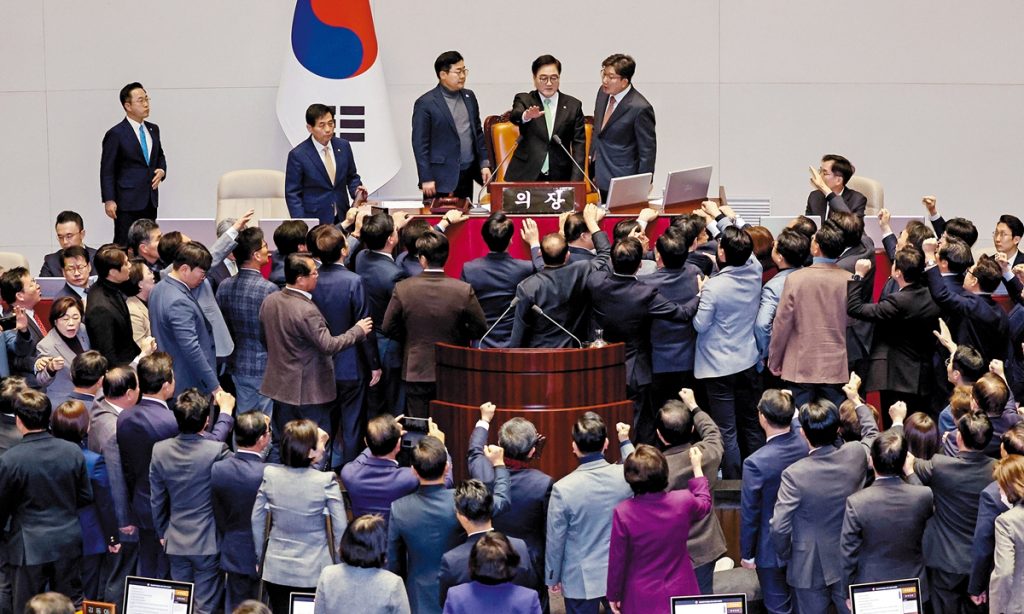
Some politicians in South Korea's conservative ruling party are reportedly hyping Chinese involvement in political activities. While political turmoil is set to prolong in South Korea, dragging China into its domestic battles is viewed as an unwise move, said a Chinese analyst, noting that the move is to shift attention away from President Yoon Suk-yeol's impeachment.
South Korea's ruling party is "facing allegations of stoking anti-Chinese sentiment in an effort to shield impeached President Yoon" from punishment and two lawmakers from Yoon's conservative People Power Party (PPP) "sparked controversy" by claiming that Chinese residents in South Korea were openly supporting rallies calling for Yoon's impeachment, South China Morning Post reported on Tuesday.
"Chinese people are at the forefront everywhere, supporting impeachment," PPP lawmaker Kim Min-jeon said at a pro-Yoon rally near the president's residence last week. Another PPP lawmaker, Yoo Sang-bum, wrote on Facebook that Chinese nationals were "heavily participating" in pro-impeachment rallies, according to South China Morning Post.
South Korean media Hankyoreh also reported Kim's remarks on the rally on Monday.
The Chinese Embassy in South Korea on Saturday released a notice, reminding Chinese nationals residing in South Korea and Chinese tourists visiting the country to stay away from local political gatherings and crowded areas, refrain from making public political statements, keep informed about traffic control caused by gatherings, and prioritize personal safety and travel security, according to a statement released on the embassy's WeChat account.
Some politicians from the ruling party are inflating Chinese involvement to deflect domestic attention and pressure from President Yoon's impeachment, a tactic that is not surprising given that some PPP conservative politicians have historically aligned with the US and Western countries in promoting negative narratives about China, Xiang Haoyu, a research fellow at the China Institute of International Studies, told the Global Times.
Xiang noted that the Chinese community in South Korea is sizable, and the protest culture in South Korea sometimes looks more cultural rather than confrontational. Some Chinese nationals may participate in such events out of curiosity. The Chinese Embassy in South Korea has reminded Chinese nationals, reflecting the clear stance on the issue.
Xiang said political turmoil in South Korea is likely to prolong, with no resolution in sight in short term. While ongoing conflicts between political factions will continue, creating instability and uncertainty, dragging China into domestic political battles at this time is not a wise move.
The impeached President Yoon made a televised address in December, in which he mentioned cases involving Chinese nationals in South Korea and also claimed that "Chinese solar power facilities will destroy forests nationwide." In response, Chinese Foreign Ministry spokesperson Mao Ning said that China absolutely opposes the South Korean associating its domestic affairs with Chinese elements, calling the comment deeply upsetting.
